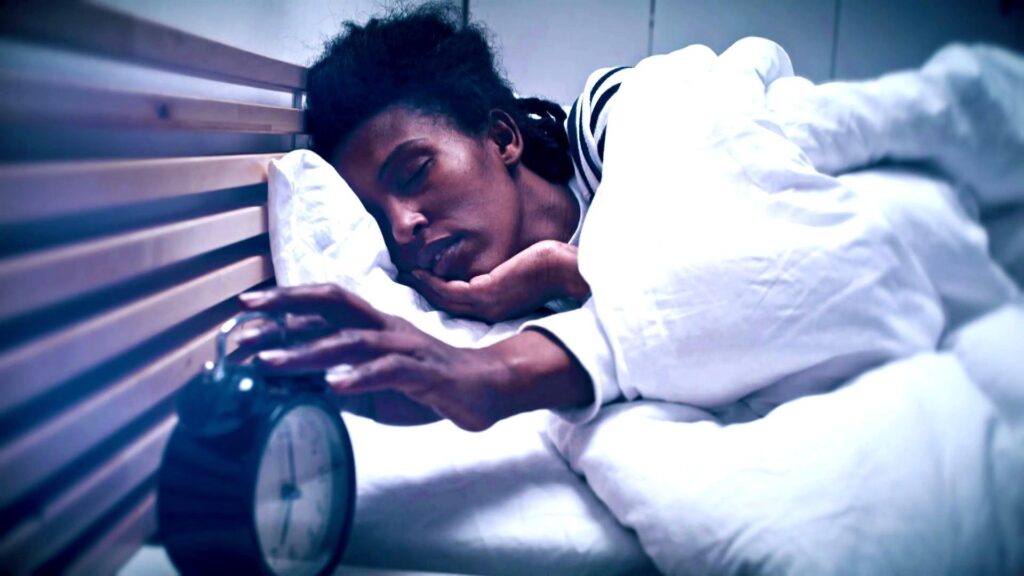Understanding Sleep Disorders
Sleep disorders affect millions of individuals worldwide, often leading to significant health issues if left untreated. In Phillip, residents are becoming increasingly aware of the importance of recognising the early signs of sleep-related problems. A sleep study can be a vital tool in identifying these issues before they escalate.
Common sleep disorders include insomnia, sleep apnoea, restless leg syndrome, and narcolepsy. Each of these conditions presents unique challenges, not only affecting the quality of sleep but also impacting overall health, mood, and daily functioning. Early detection through a sleep study can help in formulating an effective treatment plan.
Signs of Sleep Disorders
Recognising the signs of sleep disorders is crucial for timely intervention. Frequent snoring, excessive daytime sleepiness, and difficulty concentrating are just a few indicators that something may be amiss. Moreover, mood swings and irritability can also be linked to poor sleep quality.
In a world where sleep is often overlooked, it is time for Phillip residents to embrace the importance of good sleep hygiene and seek help when needed. A sleep study Phillip could be the first step towards a healthier, more rested life.
In Phillip, local healthcare providers encourage residents to pay attention to these symptoms. Keeping a sleep diary can be beneficial, as it allows individuals to track their sleep patterns and identify any irregularities. This information can be invaluable when consulting with a healthcare professional. Additionally, individuals may notice changes in their appetite or weight, which can also be associated with sleep disturbances. For instance, sleep deprivation can lead to cravings for high-calorie foods, creating a vicious cycle that further exacerbates health issues.

The Importance of Sleep Studies
A sleep study, also known as polysomnography, is a comprehensive test that records various body functions during sleep, including brain activity, eye movement, heart rate, and breathing patterns. This detailed analysis can help diagnose specific sleep disorders effectively.
For Phillip residents, undergoing a sleep study is often a straightforward process. Many local clinics offer state-of-the-art facilities where patients can feel comfortable and relaxed while their sleep is monitored. The results can provide critical insights into an individual’s sleep health, paving the way for appropriate treatment options. Furthermore, advancements in technology have led to the development of home sleep testing kits, which allow patients to conduct assessments in the comfort of their own homes. This can be particularly advantageous for those who may feel anxious about sleeping in an unfamiliar environment, thus encouraging more individuals to seek help for their sleep issues.
How a Sleep Study Works
Understanding how a sleep study works can alleviate any concerns individuals may have about the procedure. Typically, a sleep study involves an overnight stay at a sleep clinic, where various sensors are attached to monitor the body’s functions during sleep.
Before the study, a healthcare professional will discuss the patient’s medical history and any specific symptoms they may be experiencing. This information helps tailor the study to the individual’s needs, ensuring that all relevant factors are considered.
Preparation for a Sleep Study
Preparation for a sleep study is relatively simple. Patients are usually advised to maintain their regular sleep schedule in the days leading up to the test. It is also essential to avoid caffeine and alcohol, as these substances can affect sleep quality and the accuracy of the results.
On the night of the study, patients will arrive at the clinic and be guided through the process. Sensors will be placed on the scalp, face, chest, and legs to monitor various physiological parameters. While this may sound daunting, most individuals find the experience to be comfortable and straightforward. Read more about comfortable at https://postgraduateeducation.hms.harvard.edu/trends-medicine/building-empathy-structure-health-care

What to Expect During the Study
During the sleep study, patients will be monitored throughout the night, with data being collected continuously. The environment is designed to be as relaxing as possible, often resembling a hotel room to help patients feel at ease.
Patients may be asked to sleep in their usual positions, and the staff will be on hand to assist if needed. The entire process is non-invasive, and patients can expect to wake up the following morning with a clearer understanding of their sleep health.
Interpreting Sleep Study Results
Once the sleep study is complete, the data collected will be analysed by a specialist. This analysis will help determine whether a sleep disorder is present and, if so, the severity of the condition. Understanding these results is crucial for effective treatment.
Common findings from sleep studies include the presence of sleep apnoea, which is characterised by repeated interruptions in breathing during sleep, or insomnia, which may show patterns of restless sleep. The results can also indicate other issues, such as periodic limb movement disorder or narcolepsy.
Consultation with a Specialist
Following the analysis, a consultation with a sleep specialist is essential. During this meeting, the specialist will explain the findings in detail and discuss potential treatment options. This may include lifestyle changes, the use of CPAP machines for sleep apnoea, or medication for insomnia.
For Phillip residents, accessing a sleep specialist is often straightforward, with many clinics offering follow-up appointments as part of the sleep study service. It is vital to ask questions and express any concerns during this consultation to ensure a comprehensive understanding of the diagnosis and treatment plan.
Potential Treatment Options
Treatment options for sleep disorders vary depending on the specific condition diagnosed. For instance, lifestyle changes such as improved sleep hygiene, regular exercise, and dietary adjustments can significantly enhance sleep quality.
In cases of sleep apnoea, the use of a Continuous Positive Airway Pressure (CPAP) machine may be recommended to keep the airways open during sleep. For insomnia, cognitive behavioural therapy or medication may be suggested to help establish a healthier sleep pattern. Click here to find more about pressure.
Preventative Measures for Better Sleep
While sleep studies are essential for diagnosing sleep disorders, preventative measures can also play a significant role in maintaining good sleep health. Phillip residents are encouraged to adopt habits that promote restful sleep.
Establishing a consistent sleep schedule, creating a calming bedtime routine, and ensuring a comfortable sleep environment are all effective strategies. Limiting screen time before bed and avoiding heavy meals late in the evening can also contribute to improved sleep quality.
The Role of Diet and Exercise
Diet and exercise are critical components of sleep health. Consuming a balanced diet rich in nutrients can positively impact sleep quality. Foods high in magnesium, such as leafy greens and nuts, can promote relaxation, while avoiding caffeine and sugar in the evening can prevent sleep disturbances.
Regular physical activity is also beneficial, as it helps reduce stress and anxiety, leading to better sleep. However, it is essential to time exercise appropriately; vigorous workouts close to bedtime may have the opposite effect, making it harder to fall asleep.
Creating a Sleep-Friendly Environment
A conducive sleep environment is vital for achieving restful sleep. This includes a comfortable mattress and pillows, as well as a dark, quiet room. Consider using blackout curtains and white noise machines to minimise disruptions.
Maintaining a cool room temperature can also enhance sleep quality. Ideally, the bedroom should be a sanctuary, free from distractions and conducive to relaxation.
Conclusion: Prioritising Sleep Health
In summary, recognising the red flags of sleep disorders early can significantly impact overall health and well-being. For residents of Phillip, undergoing a sleep study is a proactive step towards understanding and improving sleep quality.
By paying attention to symptoms, seeking professional advice, and implementing preventative measures, individuals can take control of their sleep health. Prioritising sleep is not just about feeling rested; it is essential for physical health, mental clarity, and emotional stability.
Read more at: Reclaim Peaceful Nights with a Sleep Study Hobart Specialists Offer

